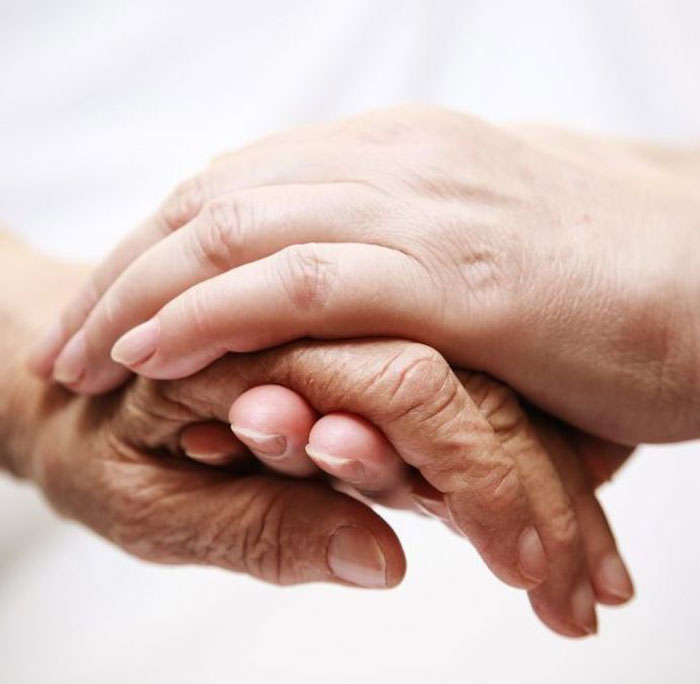Medical Assistance in Dying: Canada’s Leap Forward

Medical assistance in dying, or assisted suicide, has been the subject of debate for quite some time, and the subject has recently been reexamined owing to the recent Carter v. Canada (Attorney General), 2015 SCC 5 decision. This landmark decision struck down subsection 241 (b) of the Criminal Code prohibiting any person from aiding or abetting a person in committing suicide. Carter effectively gave adults suffering from an irreparable disease and who are mentally competent the right to receive a doctor’s help in dying. In coming to this conclusion, the Court held that the prohibition against assisted suicide was contrary to Section 15 of the Charter of Rights and Freedoms, which guarantees equal rights for everyone, and violated Section 7 of the Charter by not allowing people with a serious and intolerable disease from deciding what they want to with their own life.
The Court then decided to suspend its judgment for 12 months to allow the Government to amend its laws to conform to this decision. On June 17, 2016, the Government implemented new legislation which has created a solid regulatory framework for medical assistance dying in Canada. The Government was tasked with finding the right balance between protecting the vulnerable and allowing a person to die with dignity on their own terms. Through subsection 241.2 (1) of the Code, the government has found this balance by implementing conditions that an individual must meet in order to benefit from a doctor’s assistance in dying.
Therefore, a person must:
(a) be eligible, or will be eligible within the applicable waiting period, for health services funded by the federal, provincial or territorial government of Canada;
(b) be at least 18 years old and capable of making decisions with respect to his or her health;
(c) have a grievous and irremediable medical condition;
(d) have made a voluntary request for medical assistance in dying that was not made as a result of external pressure or influence; and
(e) give informed consent to receive medical assistance in dying after having been informed of the different means that are available to relieve his or her suffering, including palliative care.
The significance of this decision and new legislation is multi-faceted. It has allowed people to make their own decisions about their health and well-being if they are suffering intolerably from an incurable disease. Thus, this decision will have to come from the person, and not from another person which is legally capable of acting on your behalf, such as, for example, an attorney for personal care. Thus, an unrestricted written Power of Attorney for Personal Care might not properly account for end-of-life wishes. In order to avoid such a misunderstanding, it would be beneficial to clearly communicate end-of-life wishes with a lawyer and have them draft your wishes into a Power of Attorney for Personal Care.
It might take years in order to fully understand the consequences of the new legislation, and we will have to keep an eye on what the courts have to say about the legal implications of the new law.
